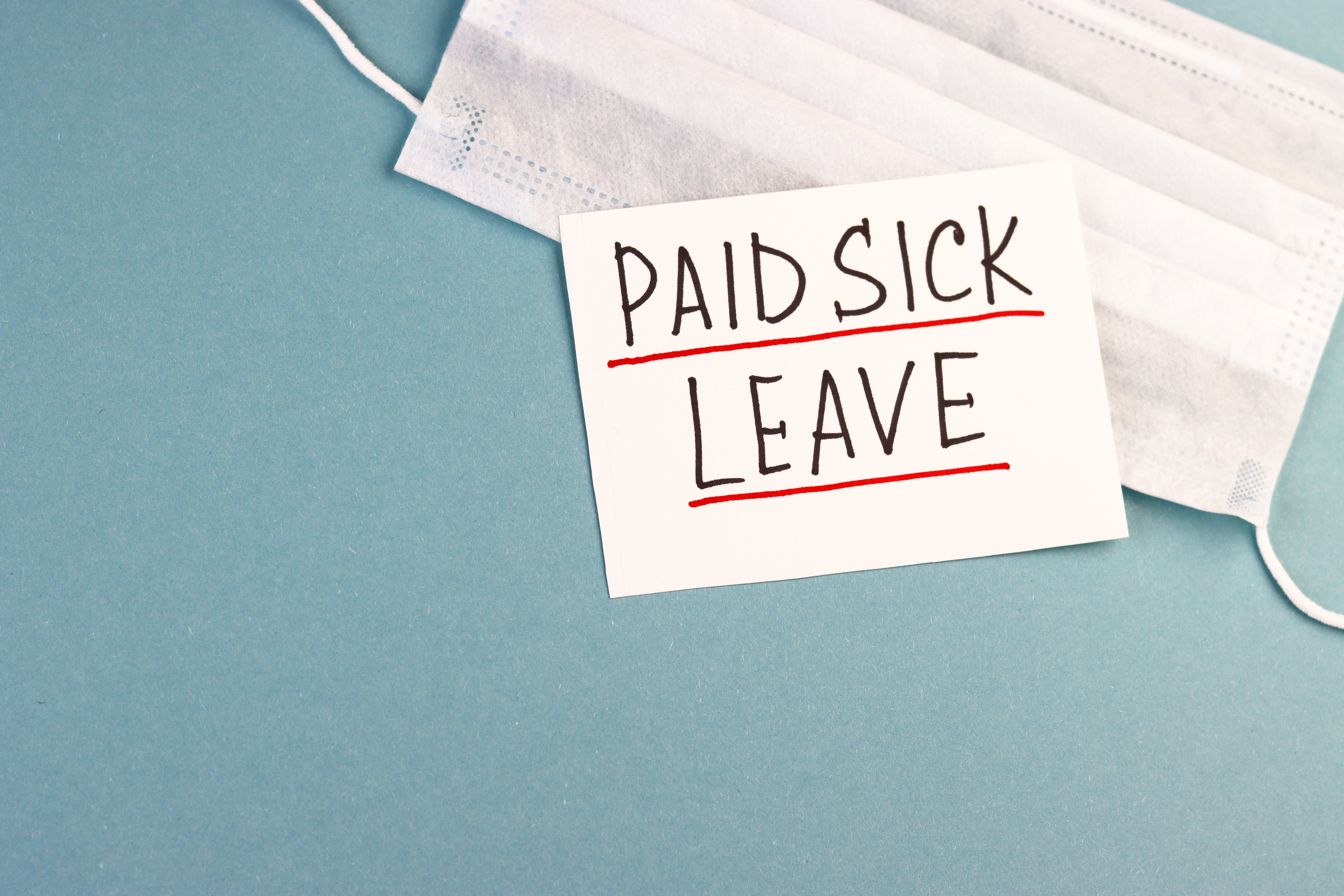You may be aware that certain employers are required to report information related to their employees’ health coverage. Does your business need to comply? If so, what must be done?
Business owners are aware that the price of gas is historically high, which has made their vehicle costs soar. The average nationwide price of a gallon of unleaded regular gas on June 17 was $5, compared with $3.08 a year earlier, according to the AAA Gas Prices website. A gallon of diesel averaged $5.78 a gallon, compared with $3.21 a year earlier.
If you’re changing jobs, you probably have a lot on your mind. As you wrap up work with your previous employer and prepare for your new role, it can be easy to let important benefits-related decisions fall by the wayside. If that happens, you could miss a limited opportunity to sign up for new benefits or miss out on making wise changes to your plans. To stay on track financially during a career transition, be sure to review the status of your retirement accounts and other valuable employee benefits.
As we discussed in the first post in our 3-part 401(k) plan audit blog series, companies that have an employee benefit plan with 100 or more participants are required by ERISA (the Employee Retirement Income Security Act of 1974) to have an annual audit by an independent public accountant. However, in many cases plan managers may choose to engage in a limited-scope audit instead of a full-scope audit. In this last post in our series on 401(k) audits, we’ll discuss the differences between limited scope and full scope audits, and how to tell which is right for your company.
The Commonwealth of Massachusetts has a new temporary sick leave program related to COVID-19. Under Chapter 16 of the Acts of 2021 (An Act Providing for Massachusetts COVID-19 Emergency Paid Sick Leave), employers are now required to make paid leave time available to employees for COVID-related illnesses, quarantine, and vaccinations. Employers may then apply for reimbursement from the state.
Many employee benefit plan sponsors have faced logistical challenges during the pandemic, such as office closures and remote work environments, which have made it difficult to remit participant 401(k) contribution deposits on time. In response to these challenges, the Department of Labor (DOL)'s Employee Benefit Security Administration (EBSA) has issued Disaster Relief Notice (2020-01), which provides flexibility and relief to sponsors struggling with remittance delays due to the pandemic.
When a business reaches a certain number of eligible participants for their 401(k) Plan, federal law requires an independent audit of the Plan. While larger companies may be familiar with this process, many small business owners may find themselves in uncharted territory the first time their number of eligible participants increases above the threshold amount. In this second blog in our 3-part series, we’ll discuss what auditors review during a 401(k) Plan audit.
When a business reaches a certain number of eligible participants for their 401(k) plan, federal law requires an independent audit of the plan. While larger companies may be familiar with this process, many small business owners may find themselves in uncharted territory the first time their number of eligible participants increases above the threshold amount. In this 3-part blog series, we’ll cover the basics of 401(k) plan audits.
In 2018, Massachusetts passed a landmark bill requiring all employers in the state to provide workers with paid family and medical leave (PFML), giving Massachusetts one of the most generous paid family and medical leave programs in the country. At the time of the legislature, the state outlined a three-year approach, with deadlines for employer and employee contributions into the Family and Employment Security Trust Fund, through which the program will be funded.











